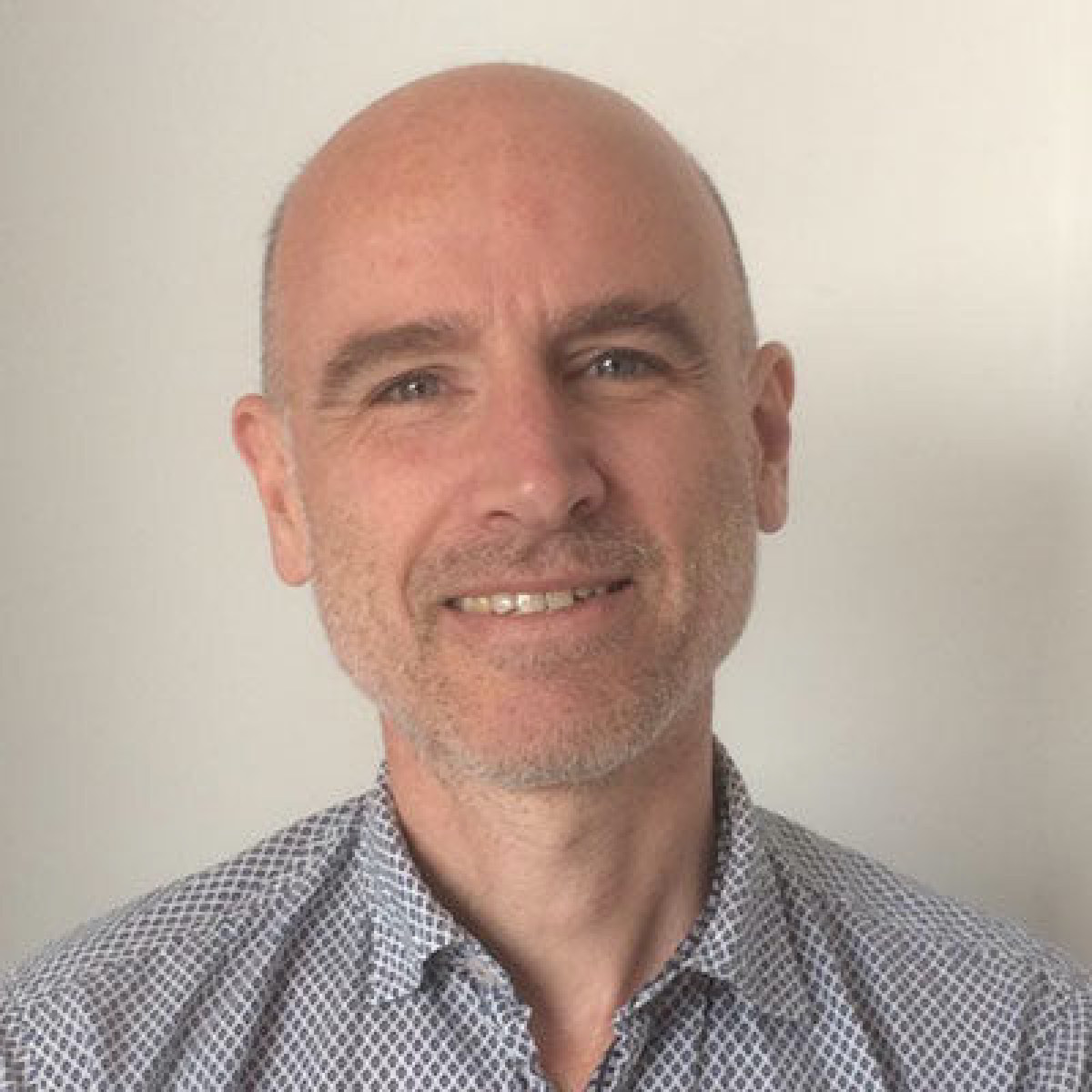Former drug user Steven Brown was in Glasgow at the weekend to share his experience and show how Scotland can tackle the scandal of drug related deaths.
On Saturday, Steven Brown was in Glasgow to speak to a conference on drug use and recovery.
Around five years ago, he was in prison. His brother had died after taking heroin laced with anthrax. After spending half a lifetime on drugs, he had run out of hope of ever getting clean.
“I was just in a revolving door and I couldn’t see a way out. I’d get released from prison and you’d be released back into the same hotels and the same hostels where 20 prolific drug users are also based. I stayed on methadone and I used on top.”
“You’d have a key worker who you have to see once a week to get your script and as soon as you’d got your script you’d be out of there. When they have 80 or 90 or 100 people to see how can anyone spend time with you? I’d just take my script and I didn’t trust anyone, and I was ashamed as well: I didn’t want to tell people I was injecting as well.”
Today, Steven is clean. A resident of Blackpool, he is now one of 25 “Lived Experience” workers who now support drug users in the Lancashire resort, using their own knowledge to help them find what he had lost sight of – hope.
He was invited to Glasgow by the charity Favor UK, short for Faces and Voices of Recovery, an addiction charity made up of individuals in recovery, their friends, families and community groups.
Favor UK seeks to promote reform from what it describes as “culture of addiction” to a “culture of recovery”. Its event on Saturday brought together leaders in criminal justice, health and academia to promote system change.
In 2020, Scotland recorded yet another scandalous record. A total of 1,339 people in Scotland died from drug related causes, the largest ever. Per head of population it is more than three times higher than the UK rate as a whole.
The SNP Government has pledged more funding, but the evidence shows simply that drug policy in Scotland is failing catastrophically.
Of the extra funds, Auditor General Stephen Boyle has noted that “it’s still hard to see what impact policy is having on people living in the most deprived areas.”
Favor UK is calling for fundamental change. As chief executive Annemarie Ward argues: “We still have a system that is wedded to managing, or attempting to manage, the symptoms of addiction with indefinite prescription to drugs. It doesn’t try to relieve people of substance dependency. And we don’t have a workforce with the skills to help people with addiction do that.”
Steven now has the skills and is putting them to use in Blackpool. He is part of the ADDER project (Addiction, Diversion, Disruption, Enforcement and Recovery) project, funded by the Home Office, which is working in some of England’s hardest hit areas.
It brings together police with other agencies to give people more effective treatment, And housing and employment and support. It also aims to crack down on organised crime groups: in Blackpool, it has led to more than 200 arrests and broken up drug gangs. A further 600 people have been supported into treatment and recovery.
What was it that helped Steven get his life back?
“We had a guy who came into prison to do a talk. He said he had used heroin and crack and now he said he is the CEO of his own charity (Red Rose Recovery). I thought: how do you do that? I had three months left inside and I thought: what am I going to do?”
Then, when he left prison, instead of being shoved into a hostel or a hotel with fellow users, a scheme called “Jobs, Friends, Houses” found him a place in a Recovery House. “The big difference was that it was high quality housing – it was a beautiful five bedroomed house and there were people like me in there and they spoke the same language . I was used to getting release into hostels. Instead I went to this place and I thought, how do I keep this?”
Steven boils it down to two words. The first is ‘hope’. For twenty years, he had none. The second is ‘kindness’. Now dealing with users himself, he notes: “It is so important to be trauma informed. So you’re not just talking about ‘why you are using?’ but going deeper. It’s about treating people with kindness.”
It is vital, he says, to live alongside users. Simply telling people to turn up for an appointment in 3 weeks time is hopeless. Instead, his team meets users where they live or – in the case of homeless people – on the street. Drug treatment is still important – “we went recently into a house of multiple occupancy and flooded it with naloxone (medication which reverses the effect of opiods) That way you save lives.”
His disagreement is with those who argue that the lives of long-term users cannot be turned around – and that, therefore, the only option is manage their addiction with a lifetime on methadone.
“These people will says many users are un-engagable. When we get out to them, they engage with them really well.”
According to FAVORUK, and backed up by senior public sector leaders, Scotland’s drugs crisis is being exacerbated by our failure to support users in their hour or need, or to support them on the road to recovery.
Before the next appalling statistics emerge later this summer, is it not time to act?






